Some “Pi” coins have very low prices, some have plummeted nearly 98% to below $0.0003, only about one-tenth of the price of Pi coins that have caused a stir in recent days. So what is happening, is it a strange coin, a fake token or Pi Network?
Over the past week, the cryptocurrency market has been buzzing with the Pi Network opening part of its Mainnet on February 20, marking the transition from a closed network to an open network, connecting to external blockchains. About 19 million people completed KYC, 10 million people transferred coins to the Mainnet. Pi is listed on a number of centralized exchanges such as: OKX, MEXC, Gate and Bitget.
Pi debuted on OKX at around $2, then dropped to $0.5 before skyrocketing to $3 in the February 26 session, with expectations of being listed on the world's largest cryptocurrency exchange, Binance. Many people have painted a bright future for Pi.
On CoinMarketCap, Pi Network's Pi coin price as of the evening of February 27 was at $2.77.
However, also on CoinMarketCap, there are some "Pi" coins with very low prices, some of which have plummeted nearly 98%, down to below $0.0003.
So, what is the real Pi coin, and what should you look out for?
The “strange” Pi coin
On the CoinMarketCap page on the evening of February 27, it was noted that on the decentralized exchange (DEX) PancakeSwap, there was a Pi/WBNB trading pair with a vertical price drop, losing nearly 98% to below the threshold of 0.0003 USD. Besides, there are also a number of other Pi coins with very different prices.
This leaves some investors wondering what is going on. And is this Pi Network's Pi coin listed on centralized exchanges (CEX)?
In fact, this is a third-party token that CoinMarketCap says has not been verified by the organization and recommends “do your own research” (DYOR), and can vote in favor of verifying this token.
Anyone can create a token called “Pi” on the Binance Smart Chain (BSC) blockchain and list it on a decentralized exchange (DEX) like PancakeSwap. These tokens are considered unrelated to the official Pi Network project.
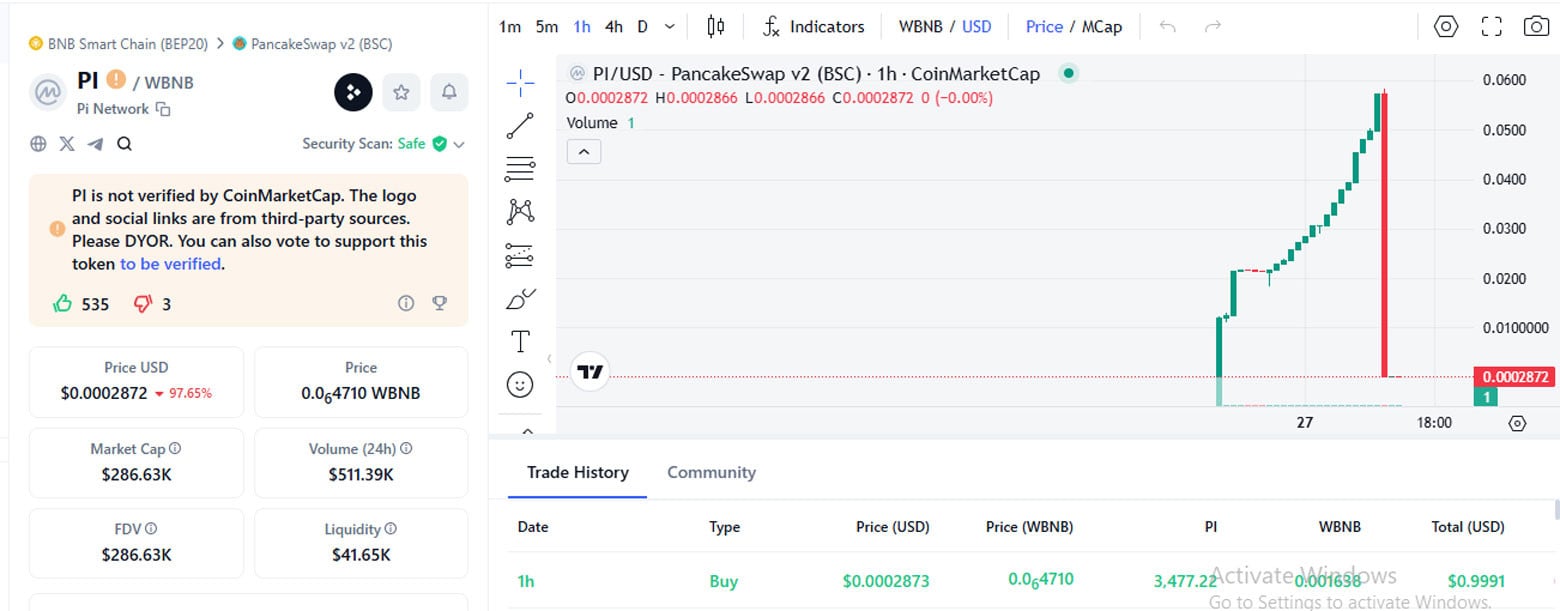
Since this is a token on DEX and not controlled by any regulatory body, it has extremely low liquidity and is susceptible to price manipulation. Some “whales” can pump the price up and then dump it, causing small investors to lose money.
Pi Network also confirmed that it has no connection with the tokens on PancakeSwap. This means that anyone investing in Pi coins on a decentralized exchange must accept a huge risk.
Pi Network (PI) Coin - real, high price or just a virtual fever?
Meanwhile, Pi Network (PI) has been listed on several major centralized exchanges (CEX) such as OKX, Bitget, MEXC… for about the past week with prices ranging from 2-3 USD. However, right after listing, this Pi coin still encountered many controversies.
First of all, the Pi Network ecosystem is still in its development phase, and most users cannot transfer their mined Pi to the exchange yet.
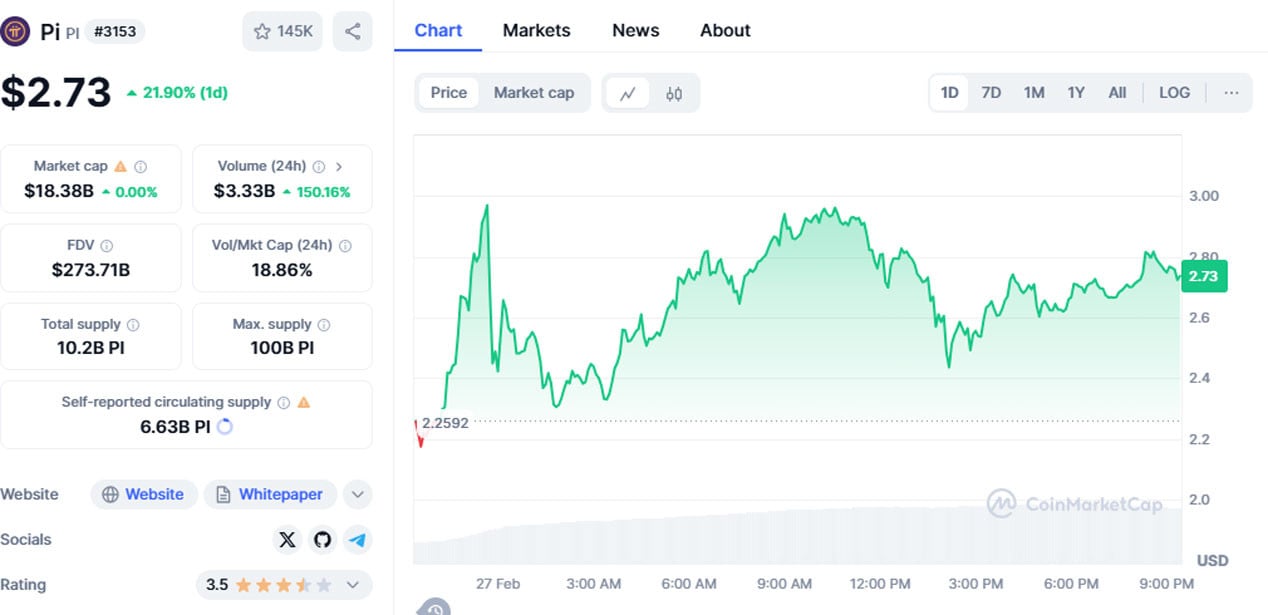
In addition, due to the limited supply of Pi traded on the exchange, the value of this digital currency is governed by a small supply and demand, which may not reflect the true price of the entire Pi Network ecosystem.
Furthermore, there is also the risk of not being fully open to the Mainnet. Although a Mainnet version has been launched, Pi Network still does not allow all users to trade freely.
It can be seen that, compared to "Pi coins" on decentralized exchanges, Pi on centralized exchanges CEX such as OKX, HTX, Bitget, MEXC is more trustworthy. However, that does not mean it is absolutely safe.
Despite its large community, the Pi Network ecosystem is still in the process of being completed and has no clear application. The phenomenon of FOMO for fear of missing out on opportunities can also pose risks when many people expect Pi Network to "go to the moon".
In general, the cryptocurrency market always has opportunities but also has great potential risks. With Pi Network, although it has appeared on major exchanges, its legality and real value are still a question mark. Meanwhile, Pi/WBNB coins on the DEX exchange are even less trustworthy, without any guarantee from a major organization.
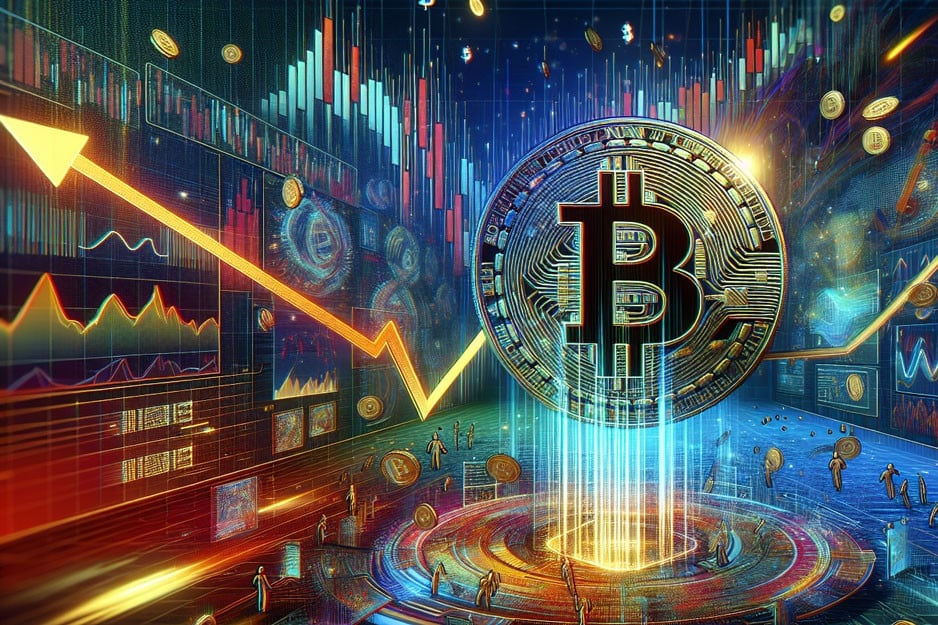
Source: https://vietnamnet.vn/dong-pi-lao-doc-98-dieu-gi-xay-ra-coin-la-tien-gia-hay-pi-network-2375874.html


![[Photo] Ha Giang: Many key projects under construction during the holiday season](https://vphoto.vietnam.vn/thumb/1200x675/vietnam/resource/IMAGE/2025/5/1/8b8d87a9bd9b4d279bf5c1f71c030dec)

![[Photo] Binh Thuan organizes many special festivals on the occasion of April 30 and May 1](https://vphoto.vietnam.vn/thumb/1200x675/vietnam/resource/IMAGE/2025/5/1/5180af1d979642468ef6a3a9755d8d51)

![[Photo] "Lovely" moments on the 30/4 holiday](https://vphoto.vietnam.vn/thumb/1200x675/vietnam/resource/IMAGE/2025/5/1/26d5d698f36b498287397db9e2f9d16c)






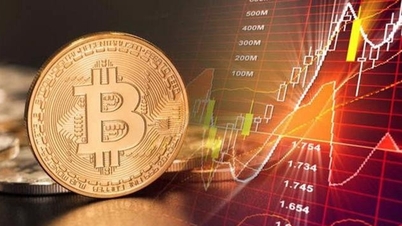
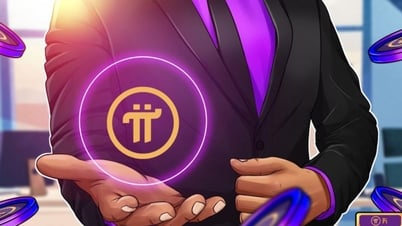


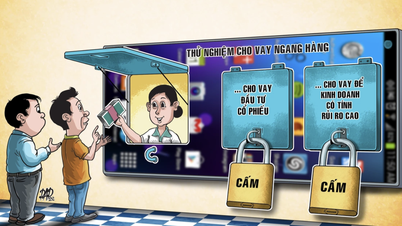


















































































Comment (0)